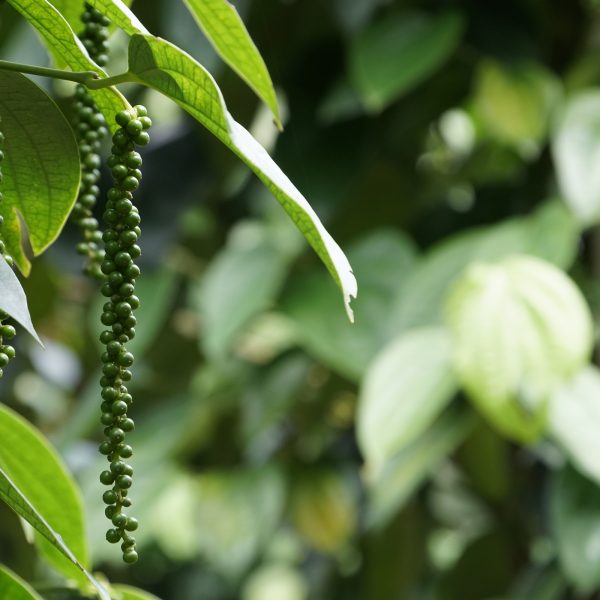
In this article, we discuss the “ In vitro and in vivo assessment of meadowsweet (Filipendula ulmaria) as anti-inflammatory agent”
Plant name and species
Meadowsweet (Filipendula ulmaria)
Aim of study
Meadowsweet has been traditionally used across many European countries to treat inflammatory diseases as it has antipyretic, antirheumatic, astringent and analgesic properties. This study investigates the activity of the aerial parts and roots.
Study method
The active compounds in the extract were investigated using a high-performance thin layer chromatography (HPTLC) machine. The anti-inflammatory activity was tested on cells using a method which tested cyclooxygenase-1 (COX-1) and cyclooxygenase-2 (COX-2) enzymes and COX-2 gene expression. COX-1 and COX-2 are vital for the inflammatory process as they convert arachidonic acid into prostaglandins, and prostaglandins largely control inflammation.
Herbal preparation
Methanolic extracts of both the root and aerial parts of meadowsweet were investigated.
Sample size
The plant extracts were tested on cells so there was no human sample size.
Results of study
The extracts showed that the molecules rutoside, spiraeoside and isoquercitrin were present. The aerial plant part extract was able to block the COX-1 enzyme activities by 62.85% and COX-2 by 46.43%. The root extract wasn’t as effective, but still blocked COX-1 and COX-2 enzymes by 32.11% and 20.20%, respectively.
Discussion
The COX-1 and COX-2 enzymes are heavily involved in the inflammatory processes of the gut for example with acid reflux, arthritis and acid dyspepsia. COX inhibitors are currently prescribed in pharmaceutical form as anti-inflammatory medicines, used to treat pain and a variety of conditions. This study shows some of the mechanisms of action of how meadowsweet works for its traditional uses. For example, meadowsweet is used to treat acid reflux (including hiatal hernia and GORD) as well as arthritis, and acid reflux, gastritis and gastric ulcers.
Conclusion
This study shows that meadowsweet has potent anti-inflammatory actions in vitro, and further clinical investigation would further elucidate the herb’s therapeutic applications.





























